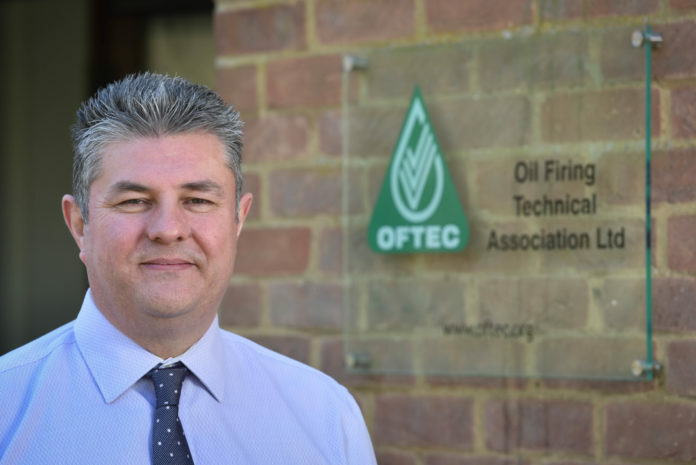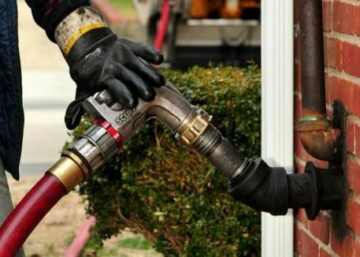OFTEC and the Federation of Petroleum Suppliers (FPS) have requested urgent clarification from the Department of Business, Energy & Industrial Strategy (BEIS) over the carbon reduction targets the oil heating sector is expected to meet under the Clean Growth Strategy.
The call follows concerns that the current lack of information is hindering industry’s progress towards developing an alternative low carbon liquid fuel solution to heat the UK’s 1.5 million oil using homes into the future.
Since May, representatives from OFTEC and FPS have been working closely with BEIS officials as part of a formal contact group to exchange information and views on how decarbonisation of the off-grid heating sector can be best achieved.
The sessions have provided a valuable forum for discussion but have also raised important questions over how much carbon reduction is required of industry and by when.
OFTEC and FPS have communicated the issue directly to the Minister of State for Energy and Clean Growth and asked for urgent clarity, along with clear and equitable objectives for industry to work towards.
Commenting, OFTEC CEO Paul Rose said: “Industry has already made considerable strides in exploring alternative liquid fuel solutions for off-grid heating, including the successful testing of potential biofuel blends and the commissioning of a detailed study into the supply and sustainability of various alternative fuel options.
“But before we can move any further forward, we need the goalposts to be clearly defined. We are currently missing vital information on timeframes and the exact levels of carbon reduction required by government. This is limiting our ability to assess the potential of various options and could delay progress if not quickly resolved.”
In the letter to Claire Perry MP, the trade associations also raised the point that by only focussing on oil and coal as ‘high carbon’ fossil fuels, government is greatly limiting the carbon reduction gains which could be achieved if a less narrow definition were applied.
Guy Pulham, FPS CEO explains: “In terms of carbon emissions per kWh oil is only slighter higher than LPG as it produces 0.298 kg of CO2 whilst LPG is 0.241 and natural gas 0.216, but all are fossil fuels and should be treated as such. Oil heating contributes less than 2% of UK emissions so it seems perverse to single out this relatively small sector when there is so much more that needs to be achieved across the wider carbon reduction agenda.
“There is also the potential for consumer confusion over what constitutes a low carbon fuel. This could result in the situation where one fossil fuel heating system is replaced by another which is obviously an undesirable outcome. The Government talks about high carbon fuels but we believe they need to be clearer on what constitutes a high carbon fuel and do they want only carbon neutral or low carbon or zero carbon fuels used?
“We strongly believe that a pathway can be created where carbon emissions can be reduced on a staged basis towards a final decarbonisation date far enough in the future to allow our members to work with their suppliers and invest in solutions to create a zero carbon bio fuel. In the short-term, consumers should be encouraged to replace old boilers with oil condensing boilers, improve insulation and fit smart metering controls, which will all improve current emissions.
“OFTEC and FPS are keen to continue working closely with BEIS to deliver a workable, futureproof solution for the off-grid sector. The next step has to be an agreement on our shared objectives and once we fully understand the position, we can carry on moving forwards.




